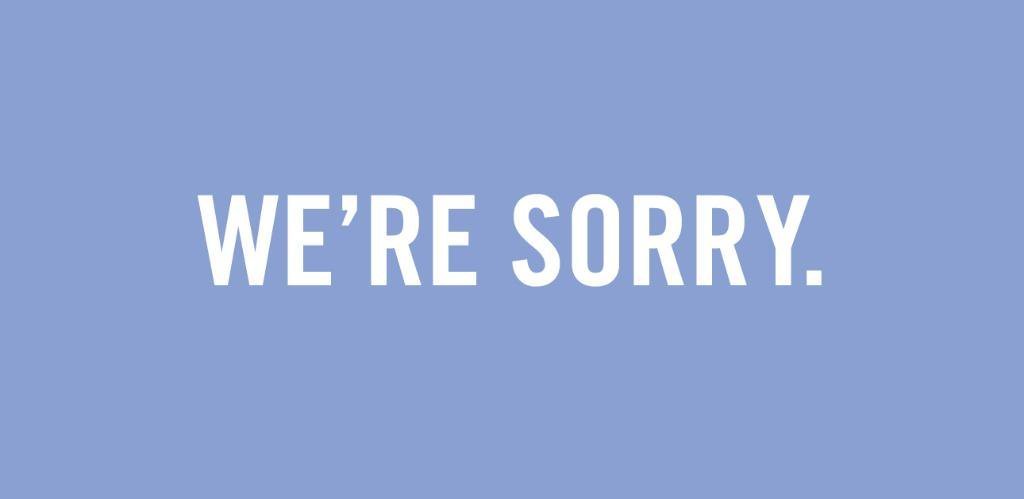
Ever heard of Jameela Jamil? You probably have. Your Thursday nights might not be spent watching NBC's sitcom lineup, but if you're a regular on Twitter, we're almost positive her tweets have come across your timeline. She's the outspoken actress who has never shied away from telling it like it is, especially when it comes to body image issues.
So when Avon launched its newest campaign for an upcoming stretch-mark and cellulite cream, Jamil had a lot to say, and it went on for days. She didn't let up in her criticism of the industry, and we really can't blame her. Your thoughts?
If you're familiar with Jameela Jamil, chances are some of it has to do with her body-positivity advocacy.
The Good Place star who plays Tahani, a privileged and entitled socialite, has also gained notoriety for being outspoken about body norms and the dangers they pose to young women.
When she came across a new Avon campaign for a cellulite-firming cream, she immediately took to Twitter and criticized the questionable advertising techniques.
"To make us fear them and try to 'fix' them, is to literally set us up for failure." This is a pretty routine instance of criticism from Jamil, who has garnered a lot of hate herself for speaking out on these issues in such a brash way.
In true Jamil fashion, she followed up with a rather self-explanatory hashtag.
#Letabitchlive is our mood from now until forever.
She judged the seemingly contradictory statements of the campaign, which tried to uphold body acceptance while selling a product that eliminates a natural function of skin.
"Every body is beautiful, unless they have any 'flaws' I guess," Jamil wrote, and she's not wrong. On one hand, Avon declared everybody to be beautiful in the campaign while simultaneously telling women they need to change their skin to be beautiful.
"You are being robbed of your money and self-esteem," Jamil wrote of the Avon campaign.
Campaigns such as these, Jamil said, are harmful to women, especially those who already struggle with self-confidence.
She argued that the beauty industry operates on selling fear to convince women to purchase products.
"The corrective beauty industry is booming at an all-time high, because they have ensured our self-worth is at an all-time low."
Avon Insider quickly responded by saying it would be removing the campaign from its marketing materials.
"We realize that we missed the mark with this messaging," the brand stated.
No kidding.
And at first, it seemed like Jamil was pleased.
"THIS RIGHT HERE IS PROGRESS!!!!" she shared on Twitter.
But Jamil couldn't let Avon off that easy.
"Please don’t promote a brand that markets itself as 'Naked Proof' again," she tweeted. "None of us need to be told that anything should stop us from feeling good naked."
And a GIF followed, naturally.
Very appropriate.
Jamil continued to expound on the abusive nature of the industry and its systems.
"You shouldn’t shame women into buying products." This problem, as Jamil highlighted, does not nearly start or end at this Avon campaign. This is a millenniums-old marketing tactic that is going to take decades to overcome completely, if ever.
And after many Twitter users told Jamil she was overreacting and argued that some women truly want to get rid of cellulite and stretch marks, Jamil defended her stance.
"Adults, please stop telling people they need to be less sensitive about abusive and toxic advertising. We are old," she wrote.
This begs the question: If the product is good, will it simply sell itself? Is all this subtle body shaming really necessary?
"If you need to resort to shaming people INTO wanting and buying that product then we have a problem and you shouldn’t sell it."
Jamil ended her Twitter conversation with a very strong message for those that airbrush.
And though celebrities with large platforms such as Jamil's are especially appreciated and so needed, this statement might be a bit harsh. I'm just saying, hell? That's a little intense.




